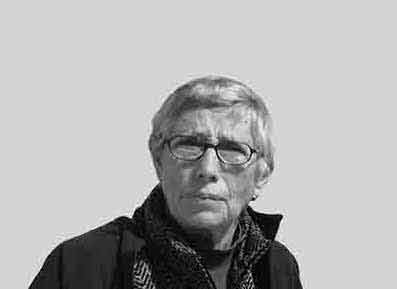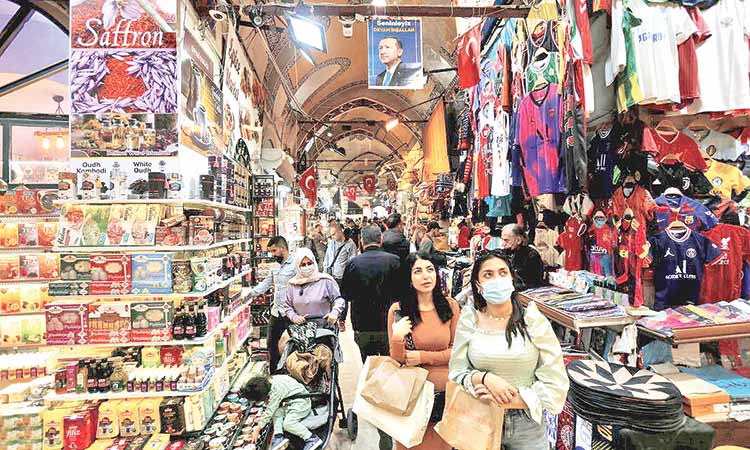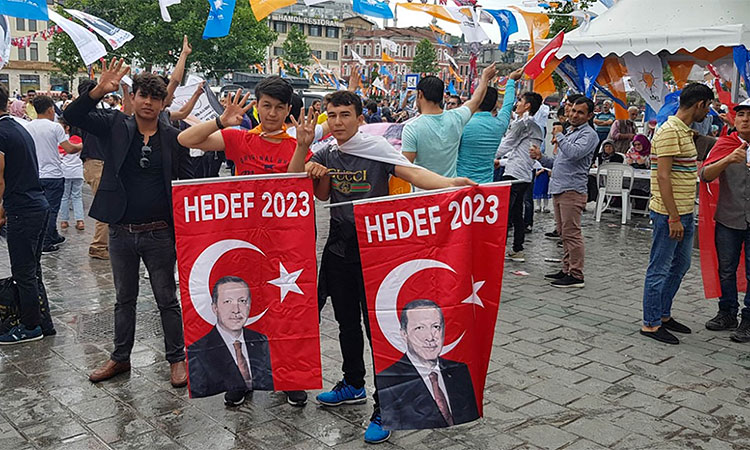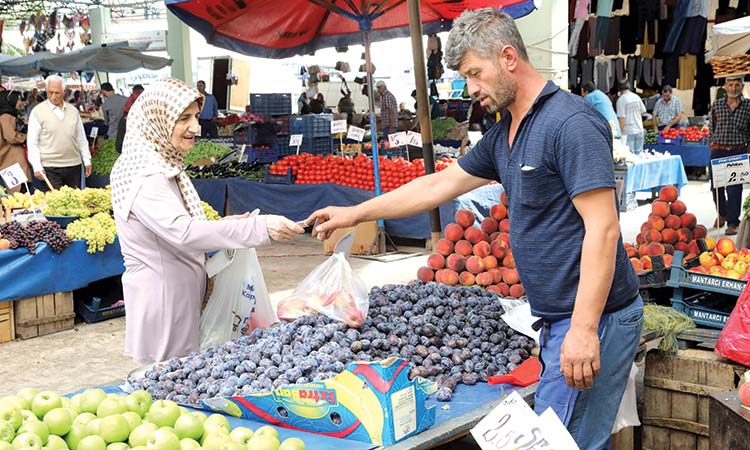Help or hinder

Michael Jansen
The author, a well-respected observer of Middle East affairs, has three books on the Arab-Israeli conflict.

On the domestic front, President Erdogan has launched an offensive against demonstrators protesting high costs.
His party is also flagging in opinion polls due to economic melt-down and widespread opposition to the presence of more than 3 million Syrian refugees in the country. The Turkish currency has lost 22 per cent of its value against the dollar over the past year. Inflation is at a 20 year record, caused by in part refusal to raise the interest rate which stands at 14 per cent while inflation was 73.5 in May.
Consumer prices are highest since Erdogan’s Justice and Development Party won power in 2002. The Ukraine war has contributed to this situation by increasing prices of imported food and fuel and the imposition of sanctions which prevent Russian tourists from travelling to Turkey, denying the country a large source of revenue.
On the domestic front, Erdogan has launched an offensive against demonstrators protesting high costs. He has blamed the economic crisis on the 2013 countryside protests against his development project for Istanbul’s Gezi park and the 2016 attempted coup against him. Having welcomed Syrian refugees fleeing their country when unrest — which he supported — erupted in 2011, Erdogan has recently promised to settle one million Syrians in Turkish occupied enclaves in northern Syria.
With the object of deflecting attention from Turkey’s economic woes and securing the backing of the hardline Turkish National Movement Party, Erdogan has stepped up military action against the separatist Turkish Kurdish Workers Party (PKK) in Iraq, eliciting protests from Baghdad. He has also repeatedly declared his intention to drive Syrian Kurdish Protection Units (PYG) from the northern Syrian towns of Manbij and Tel Rifaat as part of his plan to create a 30-kilometre wide “safety zone” on the Syrian side of the border.
In anticipation of an all-out offensive, tension has risen along the frontier due to skirmishes between Turkish-backed Syrian jihadi groups and the YPG. in response, Syrian army has reinforced troops north of Aleppo city and Russia has deployed aircraft and an air defence system at the airport of the eastern city of Qamishli. Iran-affiliated militiamen have also moved into the region to protect Shia towns while the US-allied YPG has announced its intention to fight alongside the Syrian army in defence of the area.
The US, which supports PYD occupation of Syria’s northeast, has protested Erdogan’s plan while Russia has urged Ankara to consult with Damascus over the deployment of Syrian army units in Tal Rifaat, Manbij and other areas held by the Kurds.
It is significant that Erdogan’s previous military operations against the Kurds in Syria have coincided with challenging developments on the home front in 2016, 2018 and 2019. He has benefitted from military offensives against the Kurds which resonate with Turkish nationalist public opinion.
The Ukraine war has prompted Erdogan to emphasize his determination to carry the fight to the Kurds wherever they are by threatening to veto NATO membership for Sweden and Finland, which have expressed their determination to enter the alliance. Erdogan has said he will block their candidacy unles they extradite Turkish Kurdish activists (allegedly PKK members) dwelling in these countries. NATO Secretary-General Jens Stoltenberg make the major mistake of encouraging Erdogan by saying that Turkey has “legitimate concerns” over “terrorism” that need to be taken seriously.
After launching large-scale land, air and sea exercises within Turkey, Erdogan complained that Greece has installed its military on its eastern Aegean islands off the Turkish coast and insists that they should be demilitarised. He threatened: Athens “will regret it” and dismissed attempts by NATO — to which both belong — to mediate a settlement between the two longstanding antagonists.
Erdogan appears to have temporarily halted Ankara’s efforts to explore potential natural gas reserves off the island of Cyprus, reducing tensions with the Cyprus Republic. Instead, he has tightened Ankara’s grip on the northern Turkish Cypriot region occupied by Turkey in 1974 after the defunct Greek military mounted a coup against the Cyprus government. His objective appears to be that he is reclaiming land lost to outside powers with the disintegration of the Ottoman empire.
In mid-April, the Turkish government and Turkish Cypriot authority signed a protocol providing for a loan of $252.48 million dollars payable in dollars to Turkish Cypriots in exchange for conditions they reject. They argue the protocol will infringe on freedom of expression, ban trade unions, undermine civil society, make it easier for Turkish citizens to obtain Turkish Cypriot nationality, privatise ports and airports, and promote religion in the largely secular Turkish Cypriot community. While Turkey has occupied north Cyprus since 1974, this protocol formalises annexation by the mainland, Turkish Cypriot commentators argue. During last week, Turkish Cypriots took to the streets to reject the protocol which was concluded covertly and remained secret until recently.
In its Week in Review section, Al-Monitor wrote that Erdogan might be “channelling [former British Prime Minister] Winston Churchill, who once said ‘never let a good crisis go to waste.’
“For Erdogan, that good crisis is the Ukraine war, a time for a star turn on the world stage as mediator [between Russia and Ukraine], as well for settling accounts with Syrian Kurdish ‘terrorists’ and defining Turkey’s role within NATO.”
Al-Monitor does not mention two other campaigns being waged by Erdogan at this time, reasserting Turkey’s claims in the Aegean and formalising Turkey’s annexation of north Cyprus.
Photo: TNS







